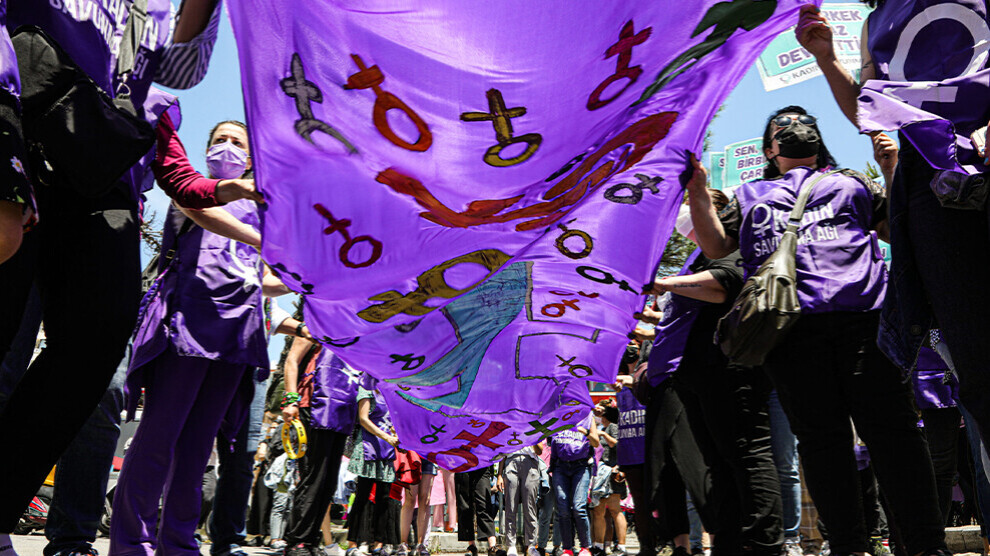The Council of Europe Convention on Preventing and Combating Violence against Women and Girls and Domestic Violence, also known as the "Istanbul Convention", is an international treaty drawn up in 2011. It creates binding legal standards to comprehensively combat patriarchal violence. As of yesterday, the Istanbul Convention applies throughout the European Union. The EU Commission had proposed accession to the convention in 2016, but six eastern countries had not ratified it so far, including Bulgaria, Hungary and Latvia.
The Istanbul Convention is the first international legally binding instrument to protect women and girls from all forms of violence. The signatories undertake to ensure that patriarchal violence is combated at all levels of government, that those affected are offered protection and support, and that perpetrators are punished. According to the EU Commission, every third woman over the age of 15 experiences physical or sexual violence. Every week, around 50 women die due to domestic violence and become victims of feminicide.
The Istanbul Convention is named after the city where it was first signed in 2011. Turkey under President Recep Tayyip Erdoğan was the first member state to ratify the convention in 2012. However, in March 2021, the head of the AKP decided by decree and thus single-handedly that the country would withdraw from the international agreement.
With the unlawful withdrawal from the protection convention against male violence, Erdoğan served his core Islamist constituency. They fear for classical family structures and reject the equal treatment of all genders. In the Istanbul Convention, Erdoğan and consorts see a legal basis for homosexuality.















